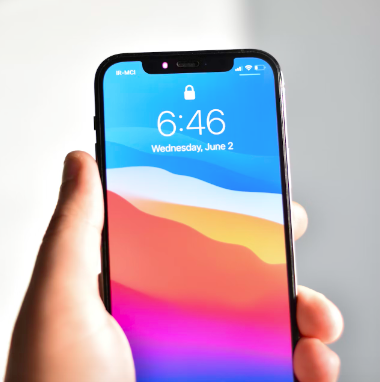
iPhone 16: Touch ID Absence and Apple's Future Biometric Plans Unveiled

As Apple prepares for the launch of its iPhone 16 lineup, reports suggest a major shift as Touch ID fingerprint authentication technology will notably be absent from the upcoming flagship models. The move follows insights from an integrated circuit expert on Weibo with a consistent track record of disclosing Apple's plans.
According to the reports, the equipment used to manufacture the chips required for the iPhone's version of Touch ID has been permanently discontinued, with remaining units allocated for the third-generation iPhone SE. This development implies a definitive end to Apple's utilization of Touch ID as a primary authentication method for the iPhone, at least in the immediate future. Notably, there have been no substantial rumors indicating the revival of Apple's fingerprint scanning technology for the iPhone 16 lineup.

Amidst this adjustment, rumors persist that the fourth-generation iPhone SE will feature Face ID, marking the transition away from the last iPhone model with Touch ID. Furthermore, there are indications that Apple is exploring under-display fingerprint technology, potentially debuting around 2026. This aligns with purported plans to integrate Face ID under the display of future devices.
The same Weibo source, known for accurately predicting the A15 Bionic chip's retention in the iPhone 14 and its exclusive use for the iPhone 14 Pro models, has reported notable details about the upcoming A16 chip for the iPhone 16 and iPhone 16 Plus. The chip is expected to undergo a distinct manufacturing process, differing significantly from the A17 Pro chip used in the iPhone 15 Pro, aimed at reducing production costs.
While this report points to the absence of Touch ID in the iPhone 16, it posits intriguing possibilities for Apple's biometric authentication strategies. The absence of Touch ID in the iPhone 16 lineup potentially marks a significant shift in Apple's approach to biometric security, signifying a reliance on Face ID and a potential future integration of under-display fingerprint technology.
It is imperative to note that while the report details the discontinuation of Touch ID specifically for the iPhone, the status of Touch ID in the iPad lineup remains unconfirmed. As the industry anticipates the next iteration of Apple's flagship devices, the absence of Touch ID and the prospects of future biometric innovations exemplify the ever-evolving nature of Apple's technological advancements.
